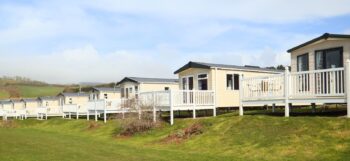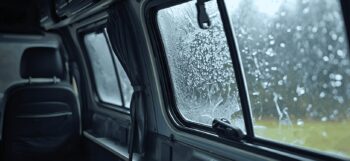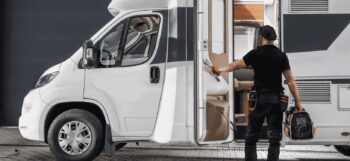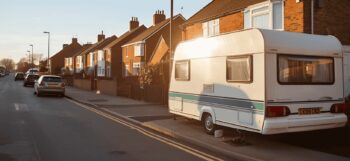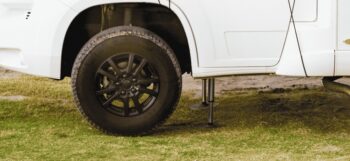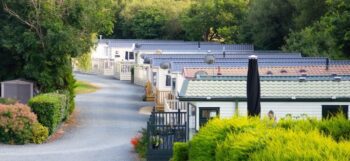What is Carbon Monoxide
Carbon monoxide is a poisonous gas which is commonly referred to as the silent killer because you cannot see, smell or taste it. Found naturally when fossil fuels such as wood, gas, coal and charcoal are burnt, it is extremely important to keep as much ventilation around appliances as possible.
Carbon is all around us in the air that we breathe and carbon monoxide is formed when the oxygen levels decrease and the carbon dioxide levels increase. Very simply put, our bodies absorb the air around us and this in turn is absorbed into our blood stream and pumped around our system. The poisoning occurs when the carbon monoxide ‘sticks’ to the hemoglobin in the blood, slowly starving it of the oxygen that it needs. This in turn starves the body and tissues.
Symptoms of Carbon Monoxide Poisoning
The tell tale signs for carbon monoxide poisoning are very similar to those of cold and flu like symptoms or food poisoning including headaches, nausea, dizziness, stomach cramps and a sore throat and are therefore often mistaken for these and other similar illnesses. It is possible with carbon monoxide poisoning to become ill over a long period of time, or quite quickly depending on the level of the exposure. However, if symptoms develop or get worse when you are near to a fuel source, or other family members feel unwell at the same time, or you feel better when you are outside, but the symptoms then return when you are in the vicinity of the fuel source, then there is a possibility that you are being poisoned.
If you suspect that this is the case, turn off the suspected appliance, leave the area immediately, opening the doors and windows to allow as much fresh air to circulate as possible and then seek urgent medical attention. The level of the carbon monoxide poisoning you have will determine what medical treatment you receive.
Tips for caravan and motorhome owners
Obviously, prevention is the most effect method of defending against the poisoning happening and following these steps will hopefully keep your family safe and well when using your motorhome or caravan.
- Buy a carbon monoxide detector - It is important to recognise that carbon monoxide detectors are different to smoke detectors despite them looking very similar. They are very easy to get hold of and are relatively inexpensive, costing in the region of between £10 and £20. The alarms to do not last forever, with the batteries needing to be changed periodically and the detector itself needing to be changed completely every 7 to 10 years. The detector should be placed in close proximity to any appliances, but not directly above them. Having one fixed to the ceiling of your caravan or motorhome or on the end of your kitchen area cabinets would be ideal as the fumes are likely to rise with warm air circulating.
- Have your appliances serviced regularly - all service checks should be completed by a qualified person and should include not just the appliance but also the pipework and hoses linked to the unit, a ventilation check and a flue check. In the case of motorhomes and caravans, your appliances will include the stove, oven, water heaters and quite possibly the fridge if it is run on gas. If the flame is yellow, this would indicate that there is a problem. If you let out your caravan or motorhome, this may well be a requirement of your insurance.
- Keep areas well ventilated - appliances should have room to ‘breathe’. Make sure that ventilation ducts are kept free from obstruction. If, in your caravan or motorhome the ducts vent straight to the outside and the wind is blowing, it is possible that the carbon monoxide may have problems escaping efficiently and may blow back into the van.
- Do not use barbeques indoors - this includes in an awning or tent. Whilst it may be tempting to shelter your barbeque from the British weather, or to use it as a source of heat, the fumes that are produced can be fatal. This applies to both gas barbeques and the traditional charcoal ones.
- Do not be tempted to sleep with any gas appliances switched on when staying in your caravan or motorhome.
At the end of the day, if you are unsure in any way always seek professional advice. It is always better to be safe than sorry.
For more information on Lifesure’s caravan insurance and motorhome insurance policies call us for a free quote on 01480 402460.



